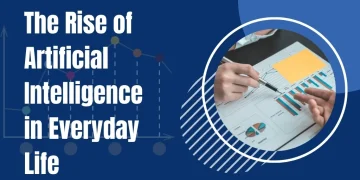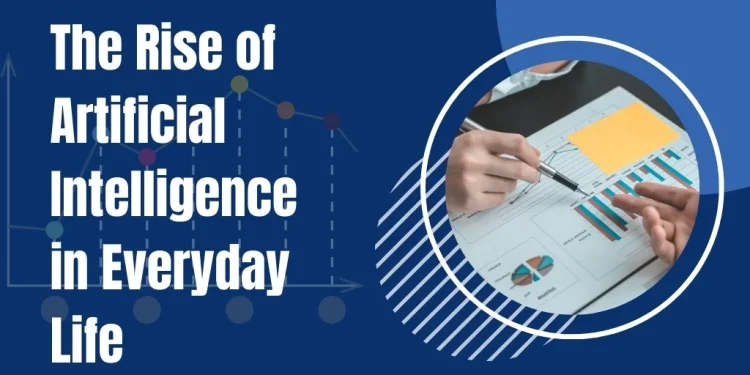Artificial Intelligence (AI) is no longer just a futuristic concept. In 2025, it’s woven into the fabric of our daily routines—transforming how we work, communicate, travel, shop, and even manage our homes.
🌟 Opportunities
1. Smarter Living
From AI-powered virtual assistants like Siri and Alexa to smart refrigerators and lights, AI makes homes more convenient and efficient.
2. Personalized Recommendations
AI helps services like Netflix, YouTube, and Amazon offer customized content and shopping experiences that align with user preferences.
3. Healthcare Breakthroughs
AI aids in early diagnosis, drug discovery, and even robotic surgeries—reducing human error and saving lives.
4. Enhanced Productivity
AI tools automate repetitive tasks, manage schedules, and provide real-time data analysis, freeing up time for creative and strategic work.
⚠️ Concerns
1. Job Displacement
Automation threatens several traditional job roles, especially in sectors like customer service, data entry, and transportation.
2. Privacy Risks
AI systems collect massive amounts of personal data. Without strong regulations, there’s a risk of misuse or breaches.
3. Bias and Ethics
AI can unintentionally reinforce societal biases, especially if it’s trained on flawed or one-sided data. Ethical AI development is crucial.
4. Dependence on Technology
Over-reliance on AI could diminish critical thinking and problem-solving skills in individuals, especially younger generations.
🌐 The Future Ahead
AI holds immense potential to improve life, but it must be developed and used responsibly. Striking a balance between innovation and ethical considerations is key.

































































